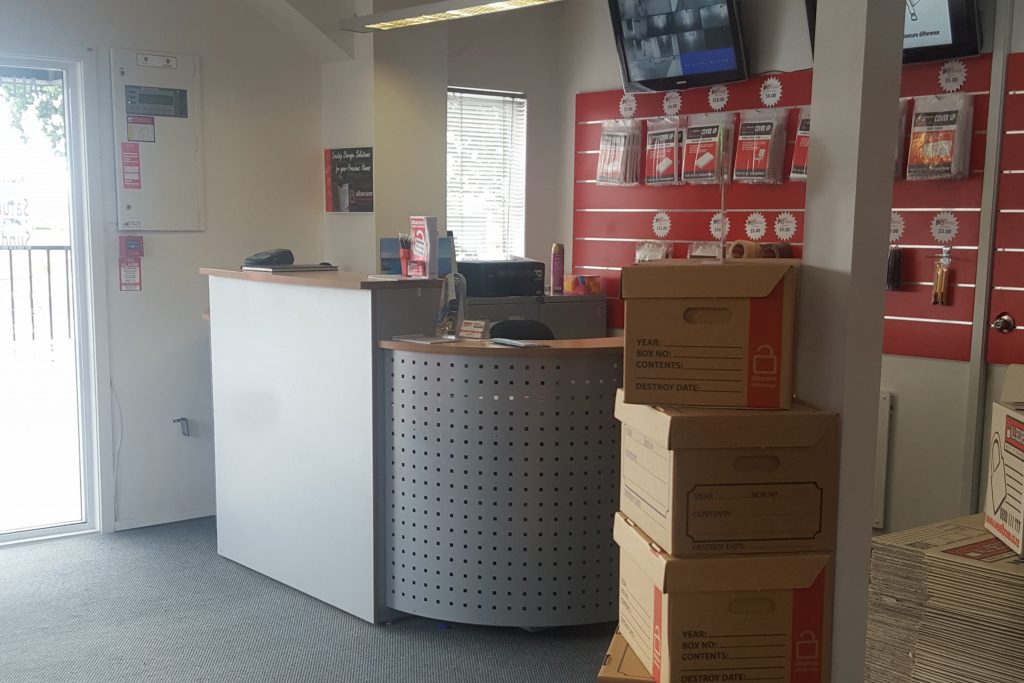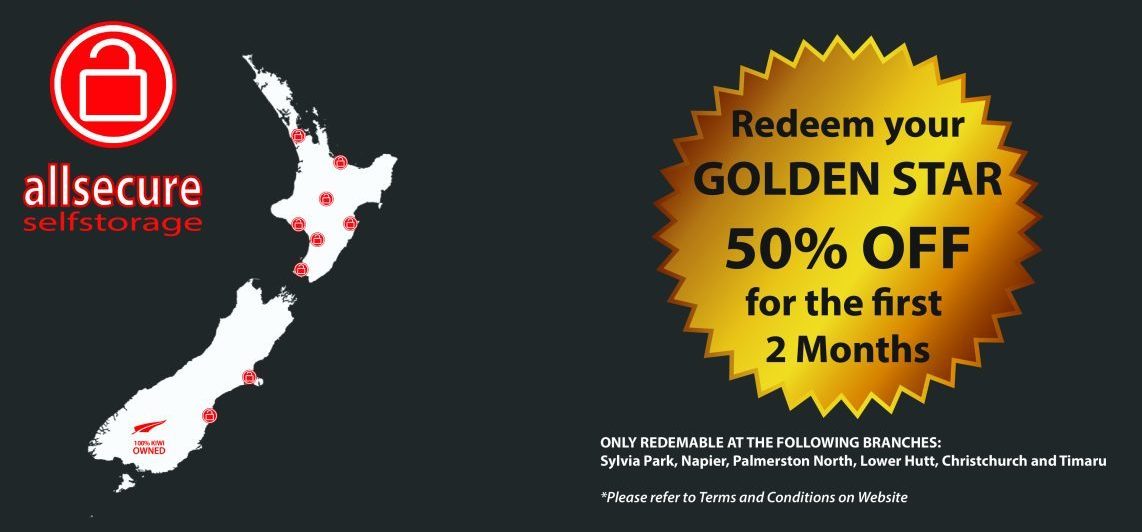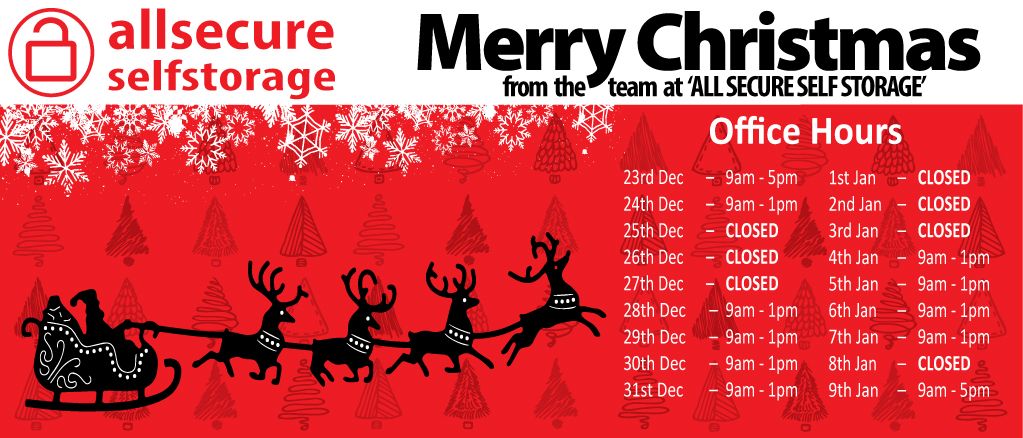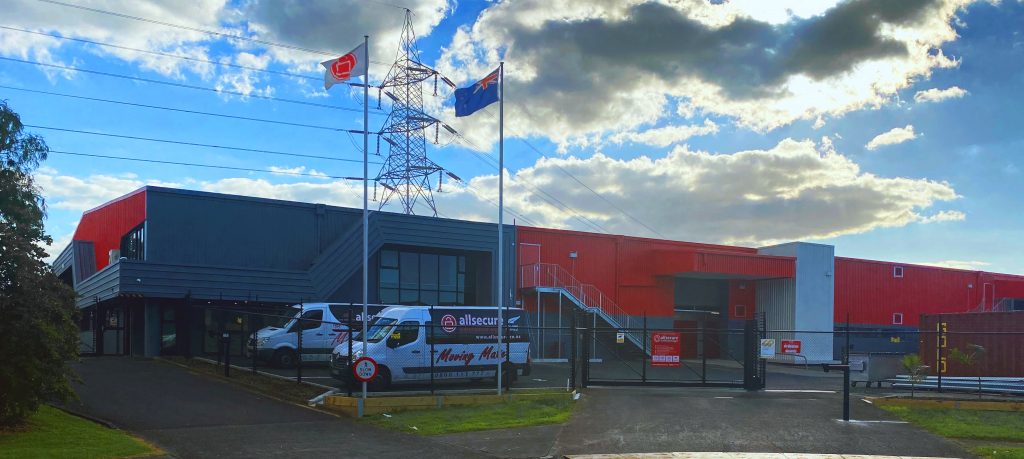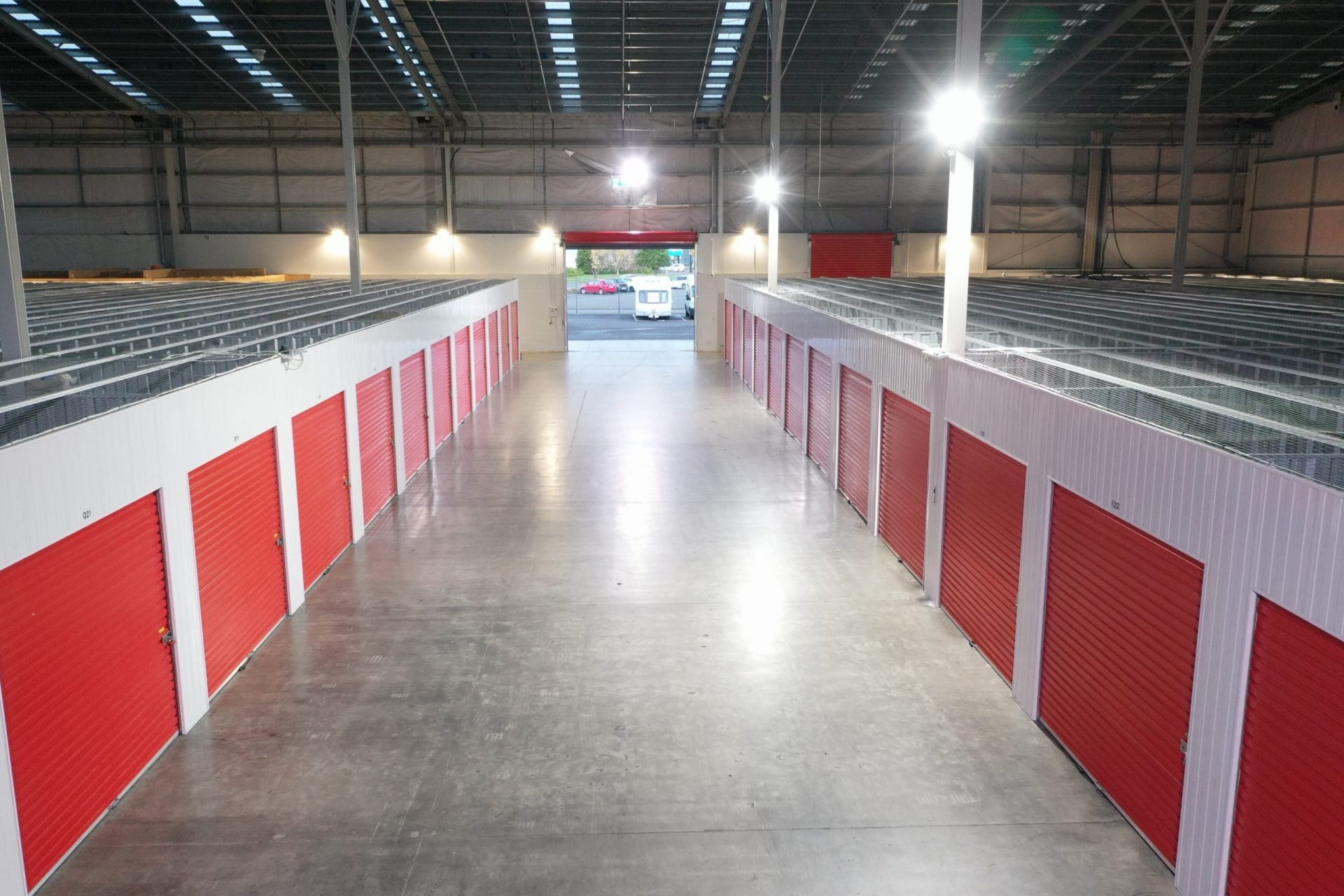
Self-storage is a service that allows people or businesses to rent storage spaces for the safekeeping of their goods, usually on a short-term basis. These places, sometimes known as storage units or lockers, are found in self-storage facilities specifically designed for that purpose and frequently situated in commercial or industrial settings.
Depending on their particular needs, customers rent these units to store a variety of objects, from personal belongings to corporate inventories. Over the past few decades, self-storage has been increasingly popular as a practical, adaptable, and safe option for people who require extra space.
Fundamentals of Self-Storage
Fundamentally, self-storage is a straightforward idea. Clients rent storage spaces, which they can access anytime, usually within certain hours.
The units range in size from little lockers perfect for a few boxes to roomy garage-sized areas big enough to fit cars, furniture, and even boats. While there are no set lengths for unit rentals, many patrons use these amenities for several months or even years at a time.
Self-storage units are often locked, and only the customer has access to them. Although the complex has general security features, including gated entry, workers on duty, and surveillance cameras, it is the customers’ responsibility to lock and secure their individual units.
The Background to Self-Storage
It’s hardly a novel idea to store personal items elsewhere than your house. For ages, people have been storing goods in a variety of ways, from formal warehouse storage to renting out attics and barns. However, in the United States, especially in Texas, the contemporary self-storage business started to take shape in the 1960s. From that point on, the industry expanded quickly, first throughout the nation and then the entire world, including the United Kingdom.
Self-storage became increasingly popular in the UK in the 1990s as more individuals discovered its flexibility and convenience. Self-storage facilities are now widely available in the UK, catering to individuals and companies needing safe, convenient storage options.
Self-Storage: Why Do People Use It?
Self-storage is becoming more and more popular for various reasons. For some, it’s about having a makeshift location to store their possessions while they go through a transition, like remodelling or relocating. For others, it’s a more long-term way to organise things that are important or essential but aren’t utilised very often.
Relocating or Moving
Moving is one of the most frequent reasons individuals use self-storage. Self-storage offers a secure location to store furniture, boxes, and other possessions while a person is downsizing, waiting for a new property to be ready, or managing a void between selling and buying.
Home Renovations
It is frequently necessary to move things out of the way during renovations to keep furniture and other possessions safe from dust, damage, and paint spatters. While their home is being built, homeowners may keep their belongings safe and secure with self-storage.
Decluttering
A lot of people discover that as time goes on, they acquire more possessions than they can possibly store. A way to tidy the house without having to part with sentimental items is through self-storage. When not in use, seasonal goods like outdoor furniture or Christmas decorations can be kept, giving your home more room.
Keeping Sentimental Goods
Some people don’t have enough room at home to store sentimental items like personal collections, antique furniture, or family treasures. Self-storage offers an option to protect these items while maintaining the house’s layout and organisation.
Business Use
A lot of small firms keep merchandise, tools, or documentation in self-storage facilities. This can be a more affordable option than leasing a larger workspace, such as an office or warehouse. Online retailers and e-commerce companies who require scalable, adaptable product storage without committing to long-term warehouse leases are also big fans of self-storage.
Student Storage
Self-storage can be a great solution for students who travel between their residence halls and their homes during breaks from school to keep their stuff safe.
Self-Storage Unit Types
Self-storage facilities often offer a selection of unit sizes and types to accommodate a variety of demands. Some facilities provide specific storage choices, but the majority of units are simple rooms with secure doors.
Standard Units
These are the most popular kind of self-storage units; they come in a variety of sizes, from compact lockers to roomy areas big enough to hold an entire house’s worth of belongings. Things like furniture, cartons, and personal things are perfect for storage in these units.
Climate-Controlled Units
These offer an extra layer of security for people who need to store delicate goods like electronics, artwork, or antiques. The uniform temperature and humidity levels that these machines maintain help to guard against damage from extremes in temperature, moisture, or mould.
Drive-Up Units
These units make it easier to load and unload large or heavy objects by allowing you to pull your car right up to the storage unit’s door. Businesses and individuals who need to store bulky furniture or equipment might benefit greatly from drive-up units.
Vehicle Storage
A few self-storage companies provide enclosed or outdoor units specifically designed to store automobiles, including cars, motorbikes, boats, and caravans. This can be a perfect solution if you don’t have enough room at home to store these things safely.
Features of Security
Self-storage is popular mostly because of its security features. Most self-storage facilities have security measures in place to safeguard clients’ valuables.
The majority of contemporary self-storage facilities have round-the-clock CCTV surveillance installed to keep an eye on every part of the facility and prevent theft and unauthorised access.
Further, many self-storage facilities include restricted entry gates or doors to guarantee that only permitted individuals can enter the facility. To enter the property, customers may be handed a swipe card, key fob, or key code.
The Advantages of Self-Storage
Self-storage benefits both people and organisations. The main benefit is that it’s flexible. In contrast to traditional storage solutions, customers can rent space on a month-to-month basis without having to commit to a long-term lease. Because of this, it’s the perfect answer for sporadic or transient storage requirements.
Additionally, self-storage offers an affordable solution for managing possessions. Instead of enlarging a house or place of business to fit extra stuff, consumers can rent storage units for a much lower price. This entails avoiding pricey commercial property leases for firms.

